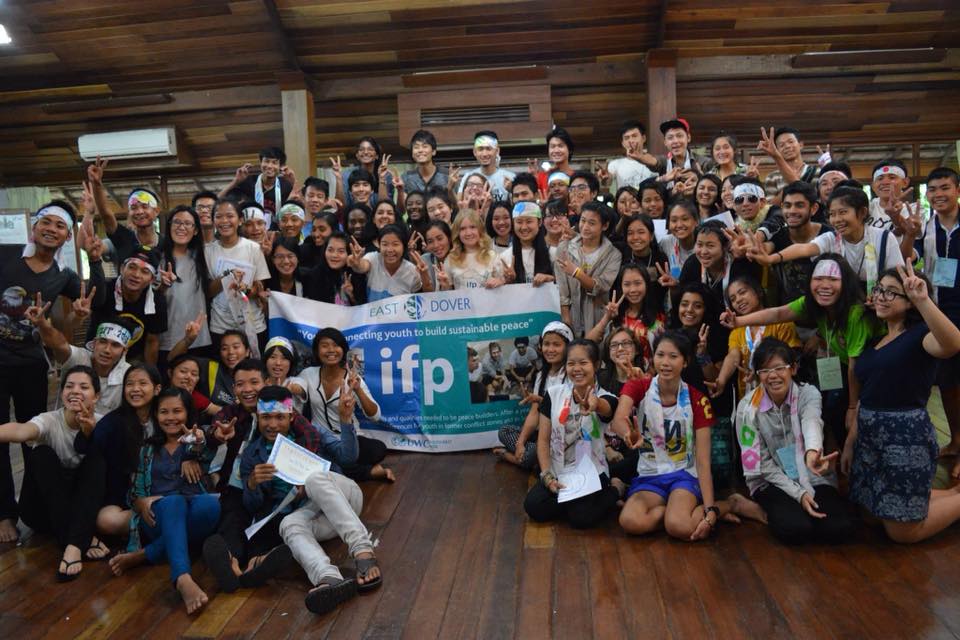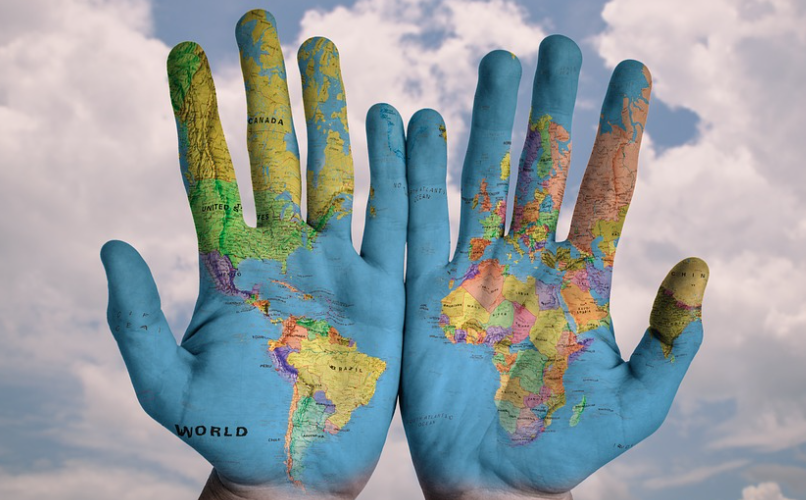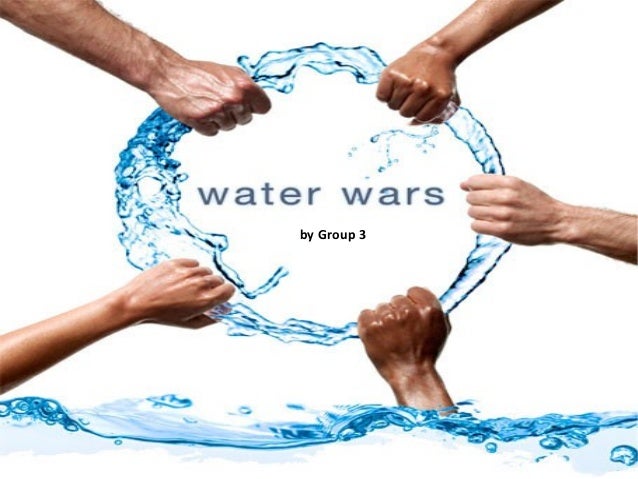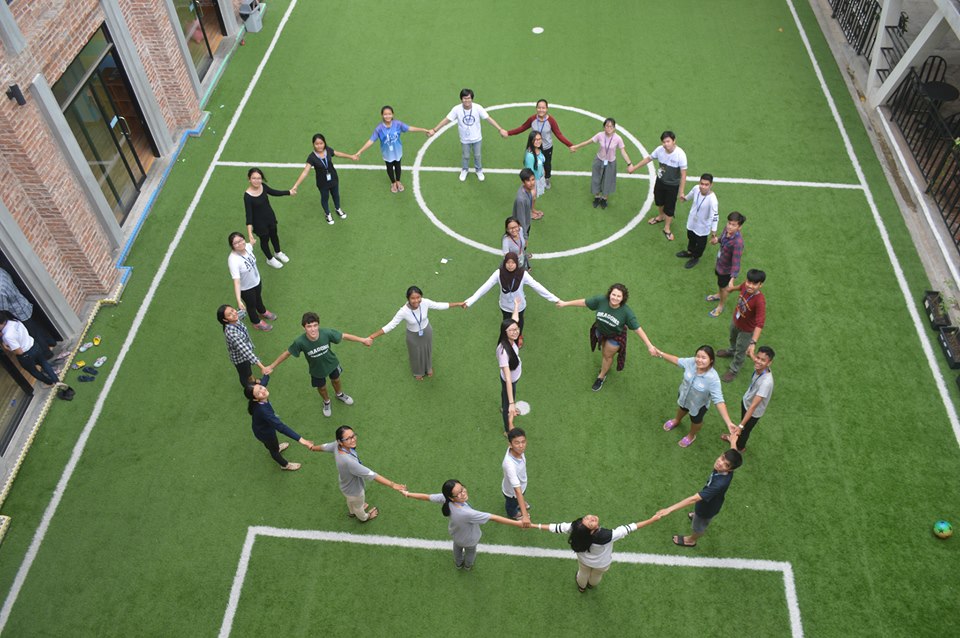By Kim Chham

Today we were very fortunate to have two sessions with Madhawa and we talked about his experiences from working in the ground in conflict resolution. Something Mads mentioned that really resonated with me was the importance of empowering and utilizing the local knowledge. This was not the first time that this thought comes up during this program. Since the very beginning, we learned about the importance of reaching the ‘local locals’, meaning the people who are in the conflicts or the community of.
Sustainability has been a very important concept for me, and I try to apply it to everything I study and do. Similarly, I’ve always wondered about ways to build sustainable peace. And my conclusion is, in order to build sustainable peace, we need to focus on giving the toolkits and supports to the local people. I believe that there is no other way to do it. If we ignore the local people and knowledge, we will end up like today – trying for a long time to build peace but never reached it.
I want to dig a little deeper into the term of ‘local knowledge’. Often, the international communities overlook the skills and knowledge of people or stakeholders in conflict resolutions. Like Madhawa said today, these people have lived in conflicts and they have practiced negotiating and mediating all the time. I second that. If not, they wouldn’t be here today. I am not disregarding the value of different perspectives, such as ones looking in from the outside. I think it is still very helpful to look at a conflict situation from many different perspectives. People in the inside might not be able to remove themselves to see the conflict from the outside. However, the knowledge of being in the conflict is nothing to be discarded or underestimated. I don’t think we can build sustainable peace by only taking one perspective into account. I think we need to acknowledge the locals’ stake and opinions better than we have been. I think international communities have great potentials to support and help in conflict situations but strong collaboration and respect from the local and the outside is required for success in this field, to say the least.
It might seem hard to have to always coordinate and weight in everybody’s opinions. However, if we don’t do this, we are not going to reach long-term solution. I see that we tend to put on Band-Aid solutions. We take quick actions to feel good about ourselves and to look good in this society.
But we’ve spent enough time with these Band-Aid solutions. We don’t have any more resources or time to not get to the roots of some of these issues we have been having. And in order to really address those root causes, we need to let the locals take the lead. If they don’t have the resources or skills to lead, we can provide that, but leave the leadership to them. Empower locals to take ownerships of their home communities, and many times they want that ownership. Dictate less and care more.









